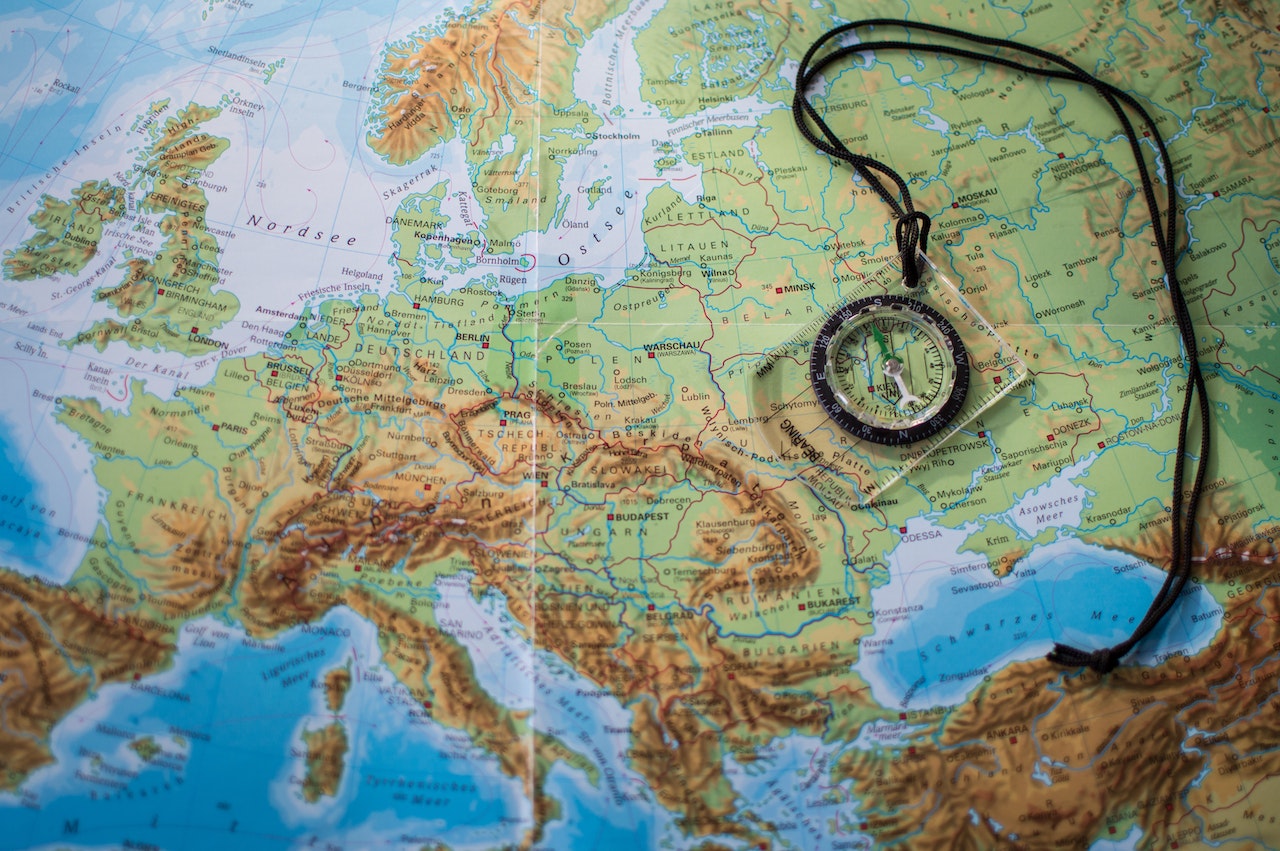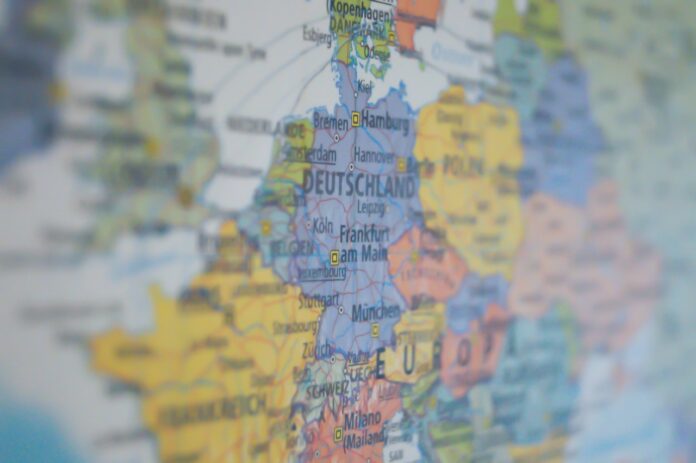Which Best States How the Renaissance Affected Europe Between 1300 and 1600?
The Renaissance was a transformative period in European history. Its impact on Europe was profound, shaping various aspects of society, culture, and intellectual thought. From the 14th to the 17th century, this period of rebirth and renewal brought about significant changes in art, literature, science, and philosophy. The Renaissance had a lasting influence on Europe, laying the foundation for the modern world we know today.
One of the key ways in which the Renaissance affected Europe was through its artistic revolution. During this period, artists broke free from the constraints of medieval artistic traditions and embraced a new focus on realism, perspective, and human anatomy. The works of renowned artists such as Leonardo da Vinci, Michelangelo, and Raphael not only captured the beauty of the human form but also reflected the intellectual and cultural ideals of the time. The Renaissance art movement not only transformed the way art was created but also inspired future generations of artists and continues to be celebrated and studied today.
How the Renaissance Affected Europe
The Revival of Learning and Education
During the Renaissance, Europe experienced a significant revival of learning and education. This intellectual movement, known as humanism, emphasized the value of human potential and the study of classical literature and philosophy. Scholars and thinkers turned their attention to the works of ancient Greek and Roman writers, sparking a renewed interest in literature, philosophy, and science.
The impact of the Renaissance on education was profound. The establishment of humanist schools and universities led to an increase in literacy rates and the spread of knowledge. The availability of books and the invention of the printing press by Johannes Gutenberg in the mid-15th century made information more accessible to a wider audience. This dissemination of knowledge played a crucial role in the cultural and intellectual development of Europe.
The Impact on Art and Architecture
One of the most visible and enduring legacies of the Renaissance is its impact on art and architecture. Artists during this period embraced the principles of humanism, seeking to depict the beauty and complexity of the human form. They employed techniques such as perspective and naturalism to create lifelike and emotionally engaging artworks.
The Renaissance witnessed a shift from the medieval art style to a more realistic and secular approach. Artists like Leonardo da Vinci, Michelangelo, and Raphael produced masterpieces that still captivate audiences today. Their works reflected a newfound appreciation for individualism, human emotion, and the natural world.

The Legacy of the Renaissance in Europe
The Enlightenment and Scientific Revolution
The Renaissance had a profound impact on Europe, setting the stage for the Enlightenment and Scientific Revolution. During this period, scholars and thinkers began to question traditional beliefs and embrace new ideas. The Renaissance emphasis on human potential and the study of classical literature and philosophy laid the foundation for the Enlightenment’s focus on reason, scientific inquiry, and individual liberty.
The Scientific Revolution, which emerged in the 16th and 17th centuries, was heavily influenced by the Renaissance. The Renaissance emphasis on observation, experimentation, and the pursuit of knowledge paved the way for groundbreaking scientific discoveries. Thinkers like Nicolaus Copernicus, Galileo Galilei, and Isaac Newton challenged traditional views of the universe, revolutionizing astronomy, physics, and mathematics. The Renaissance’s emphasis on human potential and the pursuit of knowledge fostered an environment conducive to scientific advancements, ultimately shaping our modern understanding of the world.
The Influence on European Colonization
The Renaissance also had a significant impact on European colonization. As European nations expanded their empires and sought new trade routes, they were influenced by the Renaissance ideals of exploration, curiosity, and discovery. The Renaissance’s emphasis on human potential and the study of classical geography and cartography provided the necessary tools and knowledge for European explorers.
Prominent explorers like Christopher Columbus, Vasco da Gama, and Ferdinand Magellan were products of the Renaissance spirit. They embarked on ambitious voyages, seeking to expand their countries’ influence and discover new lands. The Renaissance’s emphasis on exploration and the pursuit of knowledge shaped the European mindset and fueled the Age of Discovery, leading to the establishment of vast colonial empires around the world.
Conclusion
The Renaissance had a profound impact on Europe, shaping its history and setting the stage for the modern world. By emphasizing human potential and the study of classical literature and philosophy, the Renaissance laid the foundation for the Enlightenment’s focus on reason, scientific inquiry, and individual liberty. This intellectual and cultural movement also influenced European colonization, as its ideals of exploration and curiosity provided European explorers with the necessary tools and knowledge to venture into new territories.


